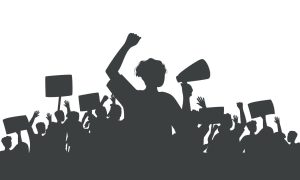Disabilities have long been viewed through a narrow lens, often seen as limitations that prevent individuals from fully participating in society. However, there is a movement underway to redefine disabilities and shift the narrative to focus on abilities rather than limitations.
One of the key tenets of this redefinition is the concept of neurodiversity. Neurodiversity acknowledges that differences in brain function and behavior are natural variations in the human population and should be accepted and respected. This includes conditions such as autism, ADHD, dyslexia, and other neurological conditions that were once seen solely as disabilities.
By recognizing and celebrating neurodiversity, we can create a more inclusive and accepting society that values the unique strengths and abilities of individuals with diverse neurological profiles. This shift in mindset can lead to greater opportunities for those who have traditionally been marginalized or stigmatized because of their differences.
Another aspect of redefining disabilities is recognizing the social model of disability. According to this model, disability is not solely a result of an individual’s impairment, but is also shaped by societal barriers and attitudes that limit participation and inclusion. By addressing these barriers and promoting accessibility, we can create a more inclusive society that allows individuals with disabilities to fully participate in all aspects of life.
Furthermore, redefining disabilities involves moving away from a medical model of disability that focuses on treating or fixing individuals to fit within narrow norms of functionality. Instead, a social model of disability focuses on creating environments and systems that are inclusive and accommodating for individuals with diverse needs.
It is crucial that we continue to challenge traditional notions of disabilities and strive towards a more inclusive and accepting society. By redefining disabilities to focus on abilities and strengths, we can create a world where all individuals are valued and celebrated for their unique contributions. Let us embrace neurodiversity, prioritize accessibility, and promote inclusivity to create a more equitable and just society for all.


